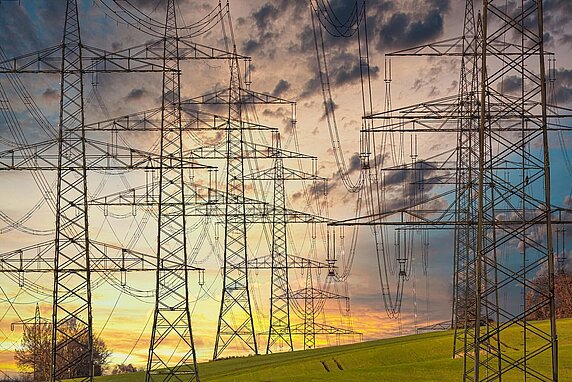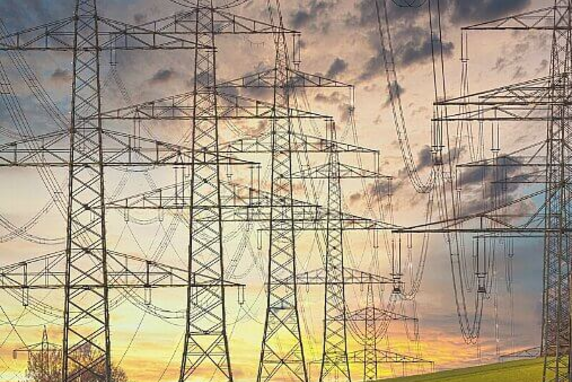In a study with researchers at MCC, Hertie School’s Christian Flachsland proposes instruments to counteract social hardships.
German households will face higher energy prices if the country wants to end dependence on Russian gas, oil and coal due to the war in Ukraine, but the state can take measures to counteract social hardships, a new study says.
A group of researchers at the Mercator Research Institute on Global Commons and Climate Change (MCC) in Berlin, including Hertie School Professor and Director of the Centre for Sustainability Christian Flachsland, have released a policy paper that calculates possible price increases and how they affect private household budgets. It looks at the potential effect of a complete loss of Russian energy supplies, and the extent to which government policies can help.
The paper, written by Matthias Kalkuhl, Christian Flachsland, Ottmar Edenhofer, Brigitte Knopf, Maximilian Amberg, Tobias Bergmann, Maximilian Kellner, Sophia Stüber and Luke Haywood examines three price scenarios due to the interruption of Russian energy supplies. In the “extreme scenario”, natural gas would be 20 cents per kilowatt hour more expensive over the next twelve months than in the period from 2017 to 2021. This would be an increase of 275 percent after adjustment for normal inflation. Less dramatic increases are expected for fuel and heating oil, as Russian oil is easier to replace than Russian gas on the world market.
“Without cushioning measures, the energy price crisis is already having an enormous impact on many people in Germany,” says Matthias Kalkuhl, head of the MCC working group Economic Growth and Human Development and lead author of the study.
Depending on the price scenario, an average household could face additional costs of 800 to 2,500 euros per year, and the burden on the roughly four million lowest-income households would then amount to an average of 3.5 to 11 percent of total consumption expenditure. The researchers evaluate 15 possible instruments to mitigate the effect on households. A basic package could as much as halve the burden on the poorest decile, even in the case of extreme price increases, the researchers find.
Measures could include adjustments to social assistance and heating cost support, the abolition of the renewable energies levy (which is already planned), the reduction of the electricity tax to almost zero, and a higher commuter allowance. If complemented by a broader compensation option such as a targeted energy money, most if not all hardship cases can be mitigated.
“Even while it's true that the Russian invasion has made all of us poorer, our study shows that targeted compensation can effectively skim off the most severe hardships in particular for poor and vulnerable households,” says Christian Flachsland. “Preparing and implementing such compensation measures is important to support social peace in Germany, and it also expands the room for manoeuvre vis-à-vis Russia when it comes to an embargo or freezes on fossil energy imports. We quickly need comparable studies for other European Union countries.”
The study is available on the here in English.
And here in German.
Find more information on the MCC website here.
The Hertie School is not responsible for any content linked or referred to from these pages. Views expressed by the author/interviewee may not necessarily reflect the views and values of the Hertie School.
More about Christian Flachsland
-
Christian Flachsland, Professor of Climate Policy | Director, Centre for Sustainability


